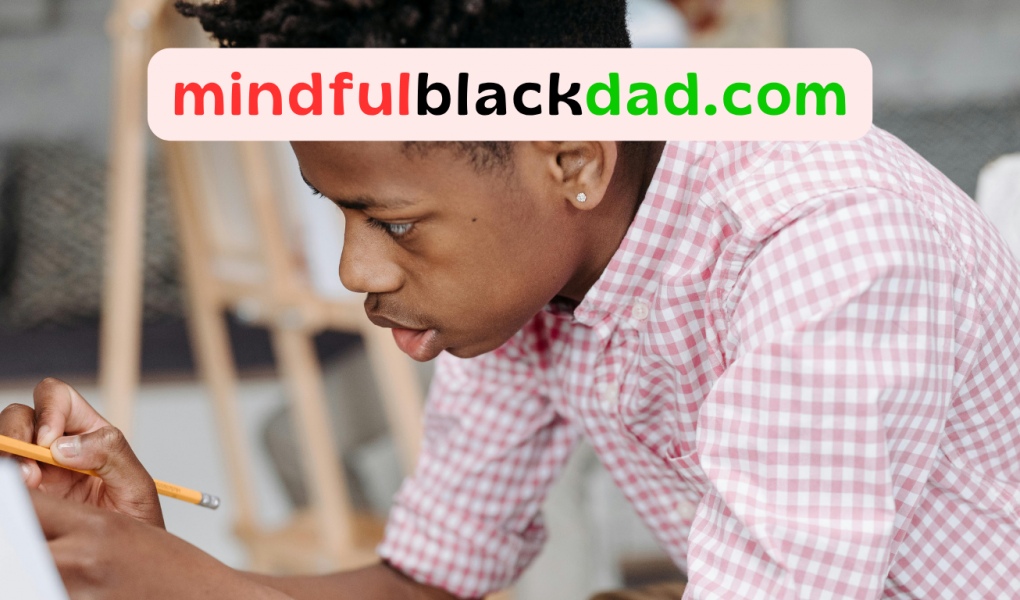As parents, it’s essential we teach children how to think clearly and confidently. One key principle in logic that often trips people up is this: exceptions don’t disprove the general rule.
For example, the general rule “birds can fly” is true. Most birds do fly. But penguins and ostriches don’t. Does that mean the whole idea is wrong? No, obviously. These are exceptions, not evidence that the general rule itself is false.
Why this matters
We often hear people say, “That’s not true — I know someone who…” or “Well, what about this one case…?”
But relying on exceptions to argue against well-established patterns can lead to faulty thinking and poor decision-making. Worse still, it can be used to dismiss serious issues, especially around race and inequality.
Take this example: someone says, “Systemic racism affects Black people’s job opportunities.” Another person replies, “That can’t be true because I know a Black man who’s a CEO.” That response points to an exception, but it doesn’t address the wider reality backed by research, data, and not just an individual experience.
Helping Children to spot this Error
We can teach our children that noticing an exception doesn’t mean throwing away the whole pattern. It just means life is complex.
Encourage them to ask:
- Does this example represent the majority or is it a rare case?
- Are we talking about an exception, or a change in the whole pattern?
- Is this being used to distract from a bigger truth?
Teaching children that exceptions don’t destroy rules helps them stay calm and clear-headed in debates, interpret statistics better, and engage in real-world issues with wisdom, not just reaction.
And it also protects them from being silenced or confused by arguments that are meant to derail rather than understand.




